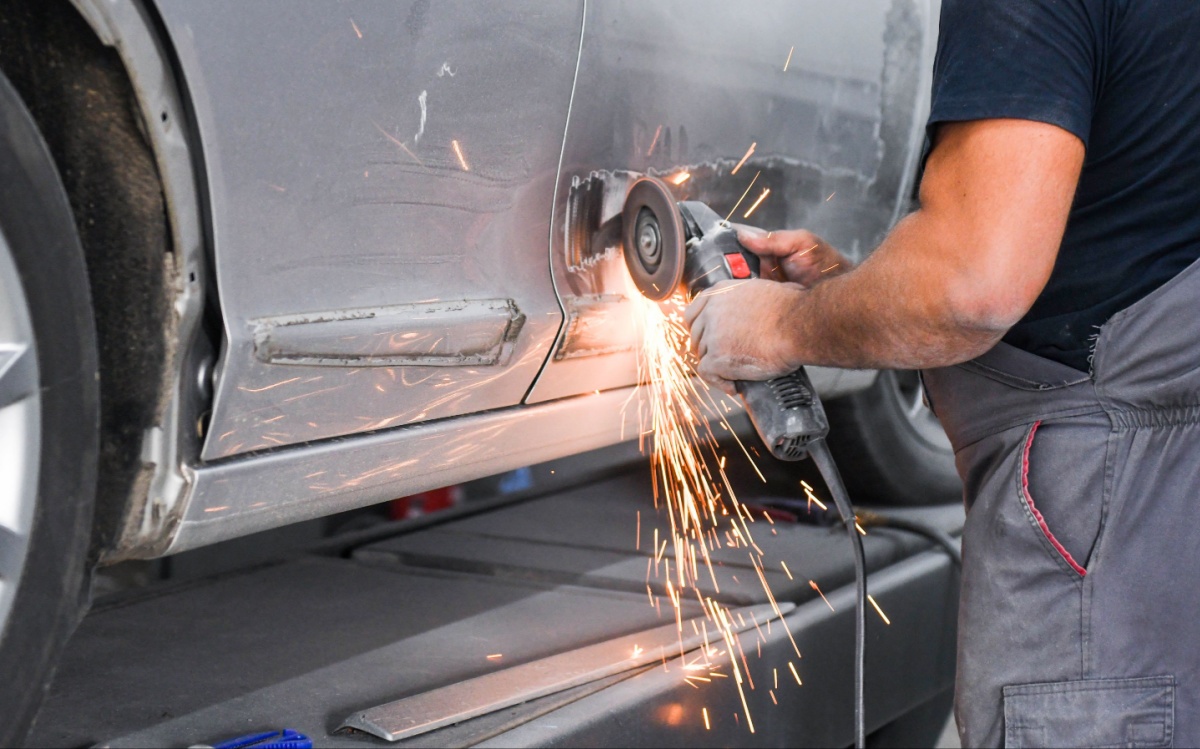The aftermath of a car collision can feel like navigating through a maze in the dark. A once reliable vehicle is now a mangled mess, and you’re left with a critical question: should you repair or replace your car? While it may seem like a straightforward choice, the decision is often more complex, involving a multitude of factors from cost to safety. We’ll attempt to illuminate your path, helping you make the best decision for your situation.
When Is Damage Too Much?
Post-collision, the severity of your car’s damage is often the first parameter to evaluate. Small dents or scratches might not warrant a replacement and can be easily repaired. However, if your vehicle has suffered extensive structural damage, the cost-effectiveness and safety of repairing become questionable.
It’s important to remember that not all damage is visible to the untrained eye. Hidden damage, like that to the car’s electrical system or internal components, might only become evident later. These hidden damages can escalate the repair costs and potentially compromise safety. Also, if the car’s structural integrity is compromised, no amount of cosmetic repair can restore the vehicle to its original safety standards. Therefore, in such cases, replacing the vehicle might be a safer and more economical choice.
Considering the Vehicle’s Age and Condition
The age and condition of your car play a crucial role in the repair or replacement decision. Older cars with high mileage or existing problems might not be worth the cost of extensive repairs. On the other hand, newer cars with minor damage are often better off being repaired. Preserving the original parts of your vehicle, especially for newer models, can help maintain its value.
Are Repairs Enough to Ensure Safety?
Safety should always be the top priority when deciding between repairing or replacing your vehicle. Post-collision, it’s important that repairs restore the vehicle to its pre-accident safety standards. If the collision has affected critical safety features, such as the airbags, crumple zones, or anti-lock braking system, and these can’t be restored to their original state, replacement becomes the safer option.
Additionally, information is key to ensuring proper and safe vehicle repair. A professional inspection by certified technicians can uncover potential safety issues that might not be immediately apparent. For instance, a good auto repair technician might refuse to give your car back for safety reasons if you decline to have them repair it. This is because professionals understand the risk of driving a car that hasn’t been appropriately repaired and meets safety standards.
How Your Insurance Coverage Influences the Decision
Your insurance coverage can significantly influence the repair or replacement decision. Some policies may cover the cost of repairs up to the vehicle’s current market value. If the repair costs exceed this value, your insurance company might declare the car a total loss and reimburse you for the value of the car instead. If you don’t know your insurance policy details, consult with your insurance provider before making your decision.
Making the Best Decision After a Car Collision
Ultimately, the decision to repair or replace your car after a collision is a personal one, influenced by a variety of factors unique to your situation. Take your time, do your research, and consult with professionals who can provide expert advice and guidance.
When faced with such decisions, DFW Pro Bright Star is here to help. Our collision repair service can help you navigate the aftermath of a collision, providing fantastic fixes to even the worst damage. Don’t face this challenging decision alone – reach out to DFW Pro Bright Star today and let us lighten your load.
